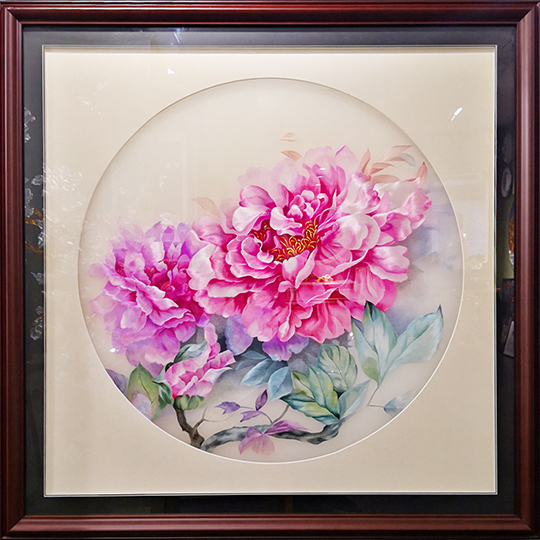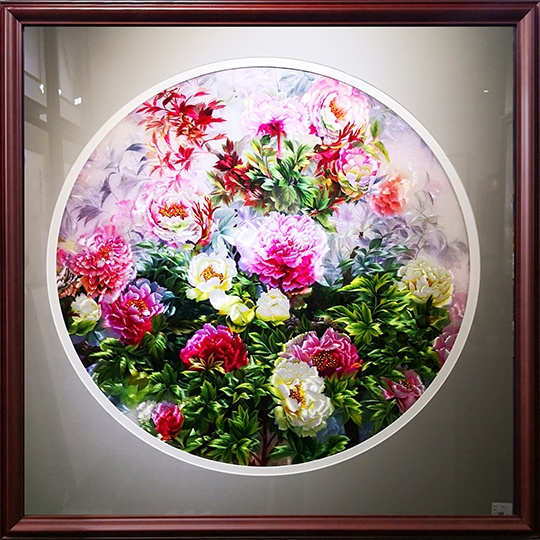

Xuzhou Han Culture Academic
Submit
【XU BO】Maximum daily capacity: 10,000 person-times Instantaneous capacity: 2,500 person-times
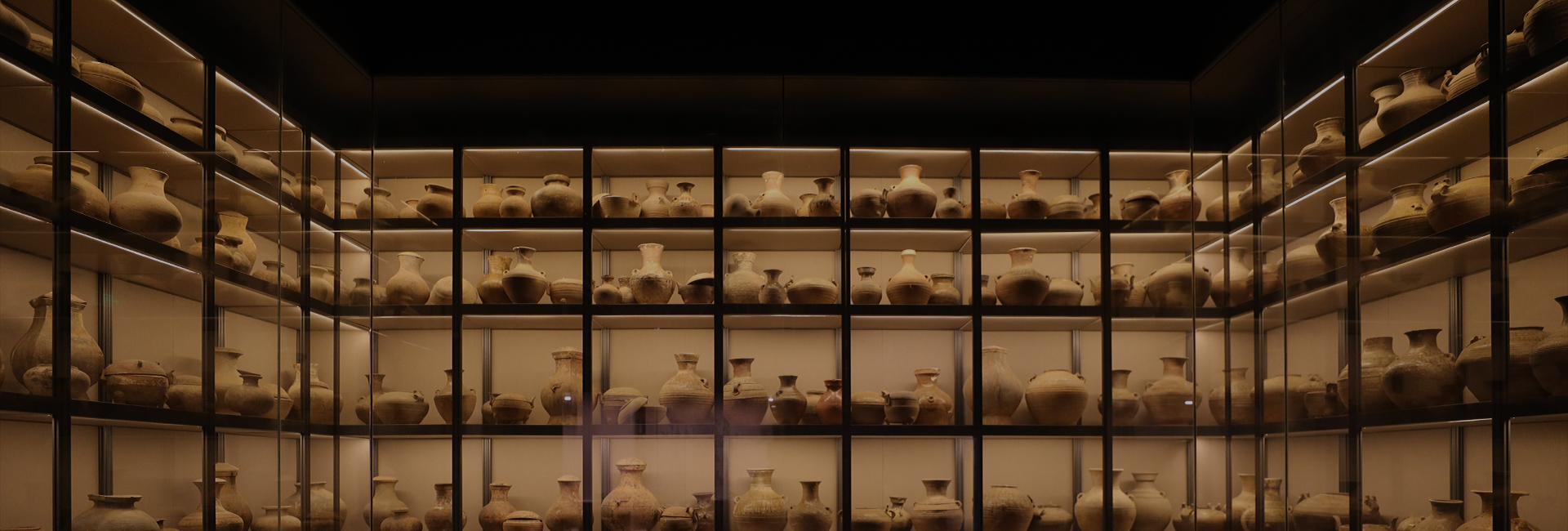
◇ Exhibition time:October 1, 2019 - October 13, 2019
◇ Exhibition venue:Xu Peichen Art Museum in Xuzhou Museum
Opening ceremony time:
October 1, 2019 (10:00 am)
Exhibition time:
October 1, 2019 - October 13, 2019
Venue:
Xu Peichen Art Museum in Xuzhou Museum
Organizer:
Xuzhou culture, radio, television and Tourism Bureau
Organizer:
Xuzhou Museum
Xuzhou Yixidi Culture Communication Co., Ltd
Shanghai rongyun cultural and Creative Development Co., Ltd
Co organizer:
Culture, sports and Tourism Bureau of Gulou District, Xuzhou City
Gulou Cultural Center
Xuzhou Folk Artists Association
Xuzhou Collectors Association
Embroidery Committee of Xuzhou Collectors Association
Quanshan Hanfu Research Association
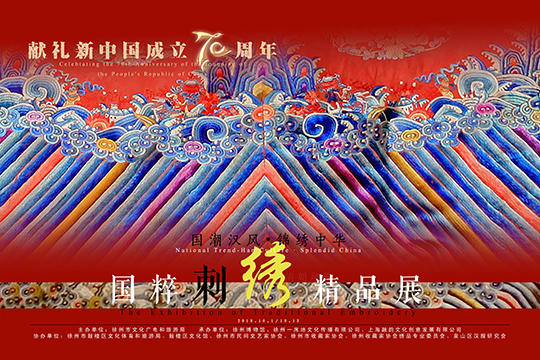
Preface
China is a country of "no embroidery, no clothes".
Silk embroidery is colorful and beautiful, attracting people all over the world.Two thousand years later, the The Belt and Road Initiative is built to a common destiny with the global village.
Silk embroidery, from ancient times to the present, is connected with Chinese families and the corners of the global village.
Silk embroidery, the most living quintessence of China, is the most universal language in the world.

Cranes to the Sunrise
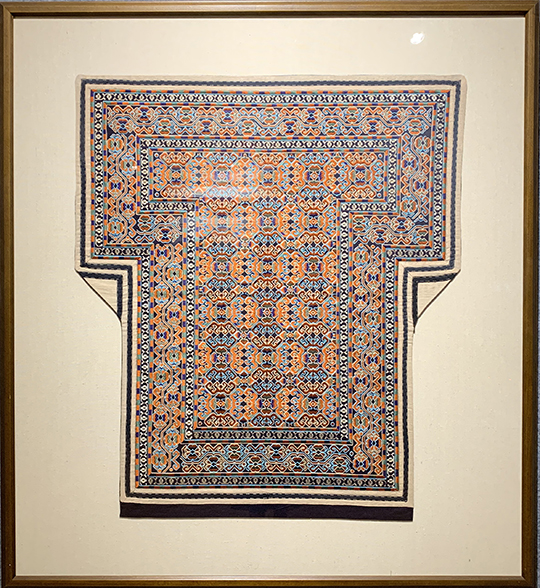
the Miao embroidery for Bedding Cover
Imperial Costume
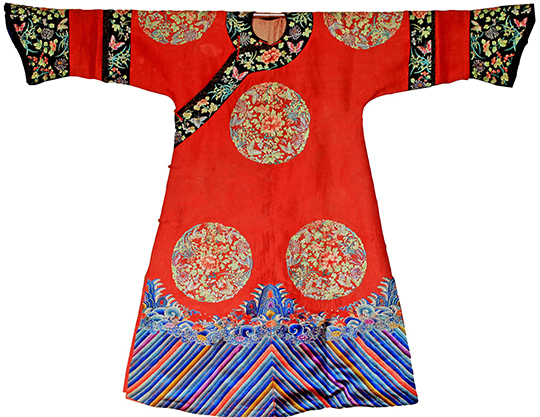
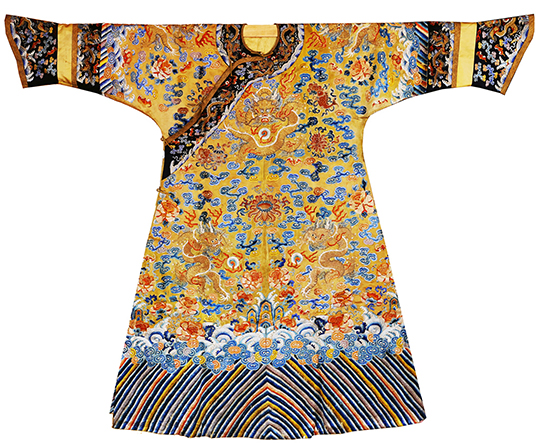
Beijing Embroidery
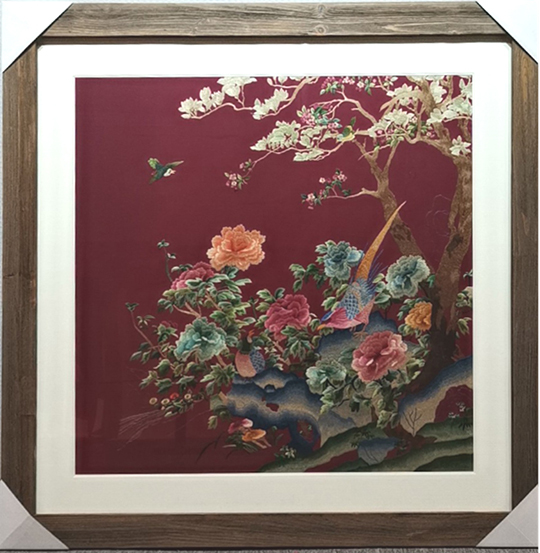
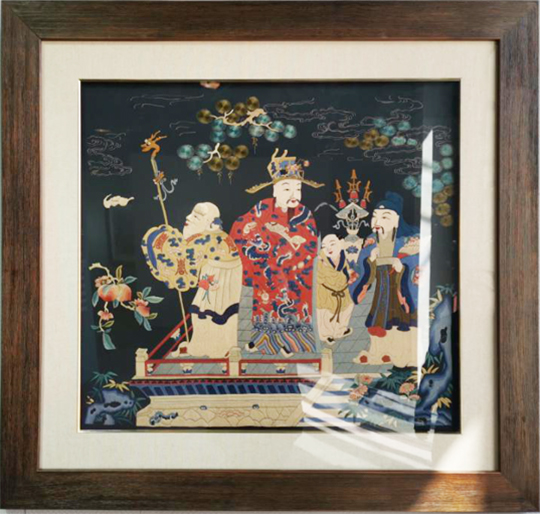
Carved Lacquerware
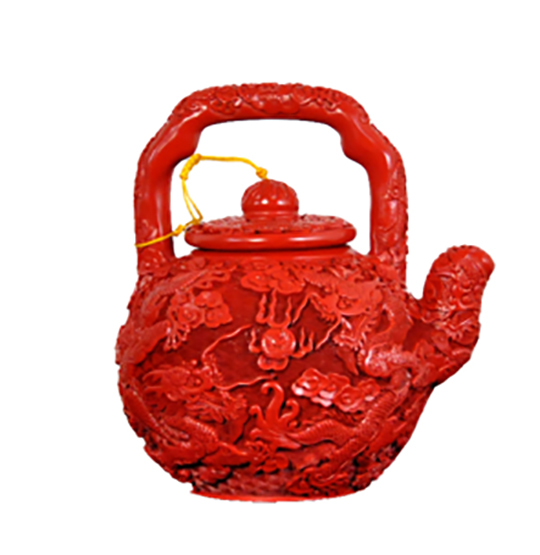
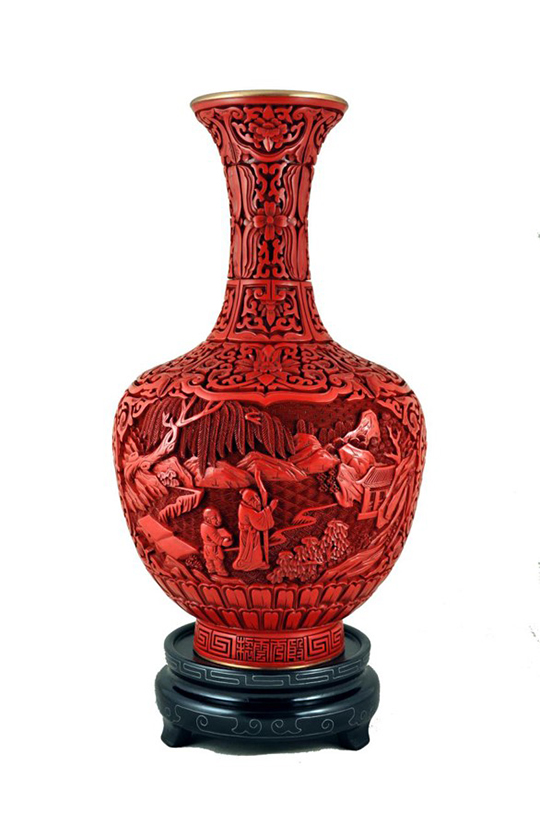
Embroidery in Han Style
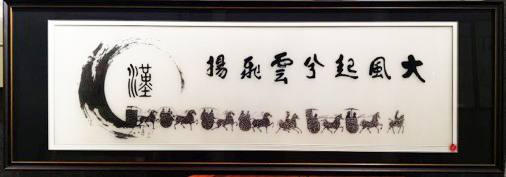
Song of Wind
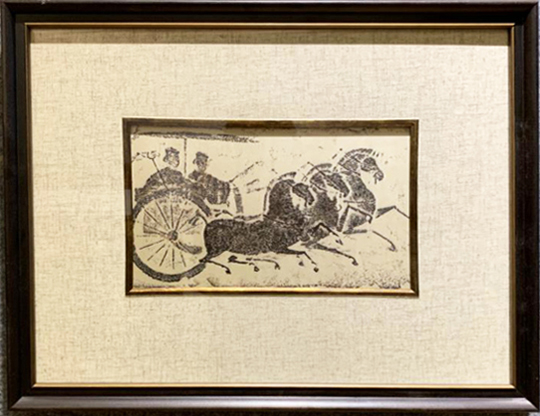
Fine Work of Embroidery
